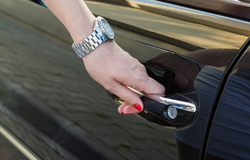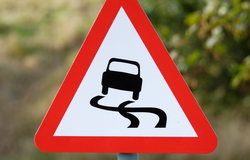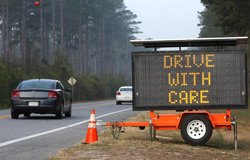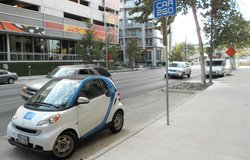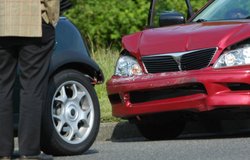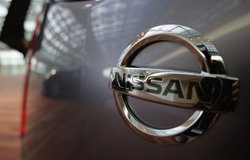UK views on driverless cars mirrors US: We’re not ready for it yet either

(c)iStock.com/jeancliclac
Earlier this week we had the views of US drivers on whether they would be happy with being ferried around in autonomous vehicles, and the response was less than unanimous. Now, survey data from UK insurance provider Bobatoo shows only a quarter of UK respondents would describe themselves as ‘excited’ about driverless cars.
This survey differs from the study by the University of Michigan Transportation Research Institute (UMTRI), which focused exclusively on respondents...


